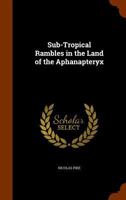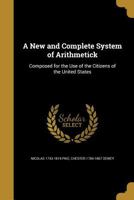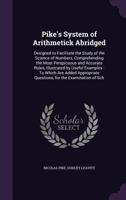Forum Level 2 Teacher's Guide
Select Format
Select Condition 
Book Overview
No Synopsis Available.
Format:Paperback
Language:French
ISBN:2011551374
ISBN13:9782011551375
Release Date:September 2001
Publisher:Hachette Fle
Length:192 Pages
More by Nicolas Pike
Customer Reviews
6 customer ratings | 5 reviews
There are currently no reviews. Be the first to review this work.










![Paperback Forum Level 2 Teacher's Guide [French] Book](https://i.thriftbooks.com/api/imagehandler/m/D8D0EE357C0812406C851AA88AEEE1D48C6FF587.jpeg)


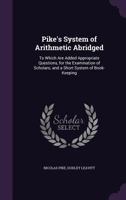
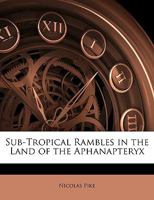
![Pike's System of Arithmetick[!] Abridged ...: To Which Are Added Appropriate Questions, for the Examination of Scholars, and a Short System of Book-Keeping](https://i.thriftbooks.com/api/imagehandler/s/73C4FCB458C8D7599166E2DD79BC46531FED4547.jpeg)
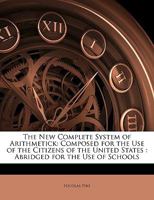
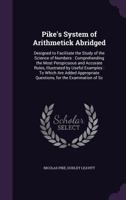
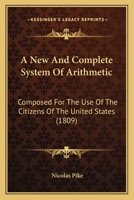
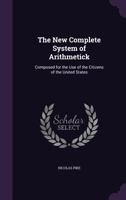
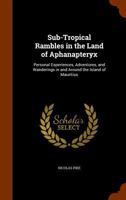
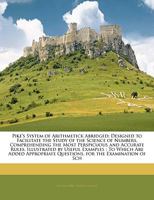
![A new and complete system of arithmetic, composed for the use of the citizens of the United States: by Nicolas Pike, A.M. [Three lines in Latin from Cicero].](https://i.thriftbooks.com/api/imagehandler/s/F70B31CB422BF3720B0AEC16F5AF00DD0BD8A9E6.jpeg)
